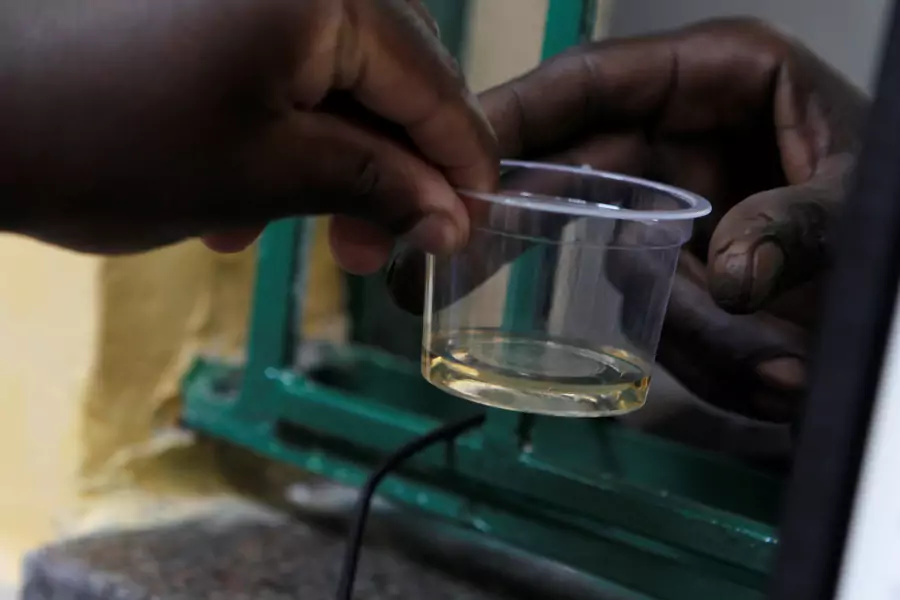Now a Destination for Illicit Drugs, African States Need a New Approach

Alvin Young is a Rangel Fellow and master's candidate at the Elliott School of International Affairs at the George Washington University.
On March 20, Ghana's parliament passed the Narcotics Control Commission (NCC) bill in response to the dramatic growth in domestic drug consumption. The NCC treats illicit drug use as a public health crisis rather than strictly a law enforcement issue by decriminalizing certain narcotics and prioritizing treatment and rehabilitation for drug addicts. This is an important shift in Africa’s approach to combating the trade and use of illicit drugs.
More on:
Initially, observers saw many African countries, including Ghana, as transit hubs for opioids and psychoactive substances destined for Europe and the United States. But times are changing. Researchers at the ENACT foundation, an EU-funded project to help combat transnational crime in Africa, estimate [PDF] that there will be an additional 14 million Africans using illegal drugs by 2050, reflecting a rapidly growing consumer market in Sub-Saharan Africa. These alarming projections, coupled with an African population expected to reach 2.5 billion people by 2050, will require that the African Union and its member states continue to create sustainable interventions such as the NCC that aim to reduce drug use and prioritize treatment, not criminalization.
In recent years, some East African countries have seen large consumer markets for illicit drugs develop similar to those in West Africa. Kenyan criminal networks that transport heroin to Western markets from the Port of Mombasa developed local markets with an estimated [PDF] 55,000 heroin users. Some reports claim that 3.5 percent of the population in Mombasa has tried heroin. Furthermore, the United Nations 2018 World Drug Report notes [PDF] that Kenyans between ages eighteen and twenty-four use cocaine, heroin, and prescription drugs at a rate three times higher than those aged thirty-six and older. In 2015, President Kenyatta declared war on drugs and called on security forces and politicians to lead the crackdown on the country’s growing drug ecosystem. But that likely will not be enough. CFR’s Senior Fellow Michelle Gavin argues that Africa’s growing illicit drug crisis will require a new focus on public health and education initiatives, in addition to improved law enforcement. Ghana’s parliament is taking a positive step in that direction.
Africa’s rising illicit drug use has not gone unnoticed by the African Union. To address the challenge, the African Union’s Plan of Action on Drug Control [PDF], or AUPA, highlighted the need to reduce illicit drug use on the continent through a greater emphasis on public health programs. However, most African policies to counter illicit drugs still prioritize prohibition and overlook the growing public health crisis. As local illegal drug markets continue to grow, it is not clear to what extent AU member states will implement the AUPA and other forward-thinking approaches. For now, African countries and their ministries of health are consumed with the coronavirus, but, illicit drug use has become and will remain an important public health issue.
More on:
 Online Store
Online Store